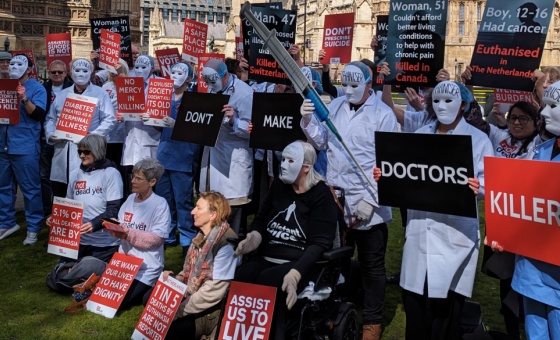THE projected impact of the Covid-19 crisis on the British economy from the Office for Budget Responsibility paints a grim picture. Likewise, the latest forecasts for the international economy from the IMF.
While the OBR rightly insists that its projection is not a prediction but rather a benchmark against which to measure unfolding realities, there can be no denying that the peoples of Britain and the rest of the world face major challenges in the times ahead.
Its scenario is that Britain’s GDP will plunge by 35 per cent in the current quarter, before bouncing back to pre-virus activity levels by the end of the year. The overall impact on economic output would be a net loss for 2020 of 13 per cent, significantly more than the biggest annual losses arising from the first world war (10 per cent), the 1930s Great Depression (5 per cent), the second world war (4 per cent) or the 2008 financial crisis (4 per cent).
Unemployment could soon more than double to 3.4 million (10 per cent of the labour force) and stay substantially higher than pre-virus levels into next year and beyond as furloughed workers — not counted in the jobless figures — are brought back first.
The OBR projection for unemployment does not, explicitly at least, factor in the job-cutting rationalisation that companies will seize upon in the wake of the slump, pressing their retained employees to work more intensively and for longer hours.
Furthermore, the OBR estimates that public-sector net borrowing during the current financial year to April 2021 will rocket, from £55bn in the Chancellor’s budget forecast last month to £273bn. Perhaps optimistically, it believes that almost no more extra borrowing will be needed thereafter as the economy and tax receipts fully recover.
However, the impact of the Chancellor’s emergency measures so far, including more quantitative easing, plus the extra borrowing required, is likely to push the national debt up by £450bn until at least 2024. At more than 90 per cent of GDP, that is higher than at any time since the early 1960s, including those levels generated by the banking crisis and bailout which provided the pretext for a decade of austerity measures.
City markets, banks and speculators are already sending messages to the Bank of England that they will take a dim view of it printing money to finance the extra borrowing and debt. They fear the further destabilisation of sterling to the detriment of the City.
Thus, every aspect of this scenario — or anything like it — immediately confronts the labour movement and the left with a massive challenge.
Preparations need to be made urgently to unite against mass redundancies and unemployment. Companies and directors who take public money and then sack workers should face financial and legal sanctions.
All unions should make arrangements to retain, recruit and assist unemployed members to organise and campaign for jobs or a living income.
The government should open up the tax havens under British jurisdiction and tax the super-wealthy and City speculators to raise the extra funds needed for welfare benefits, job support and training schemes and our public services — not least the NHS.
Workers, the unemployed and their families have already paid a heavy price for bailing out the banks and financial markets.
Together with the People’s Assembly and other campaigning bodies, we all need to prepare now to resist Tory attempts to make us pay for bailing out the whole capitalist system that has so abjectly failed to protect our most vulnerable citizens in this crisis.











